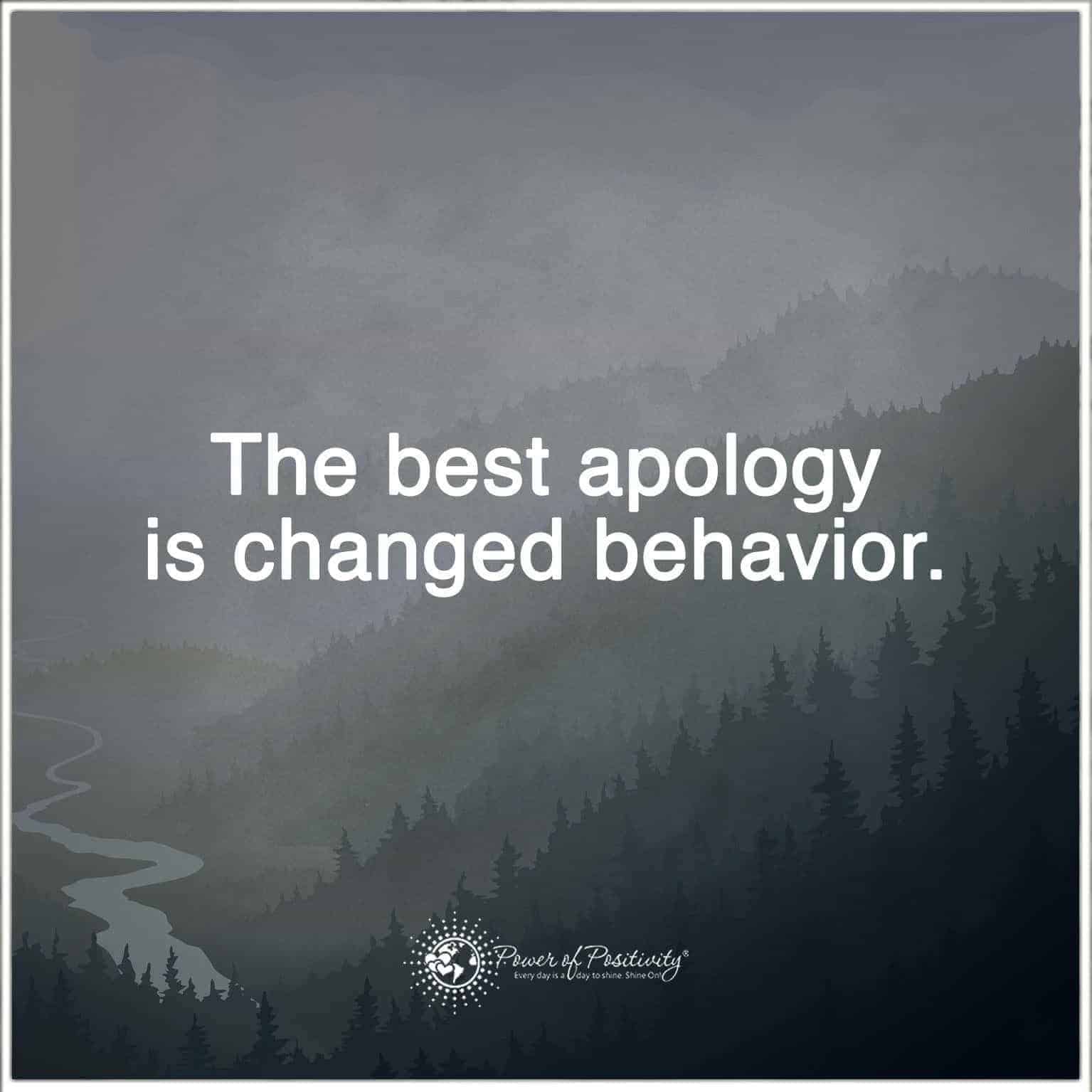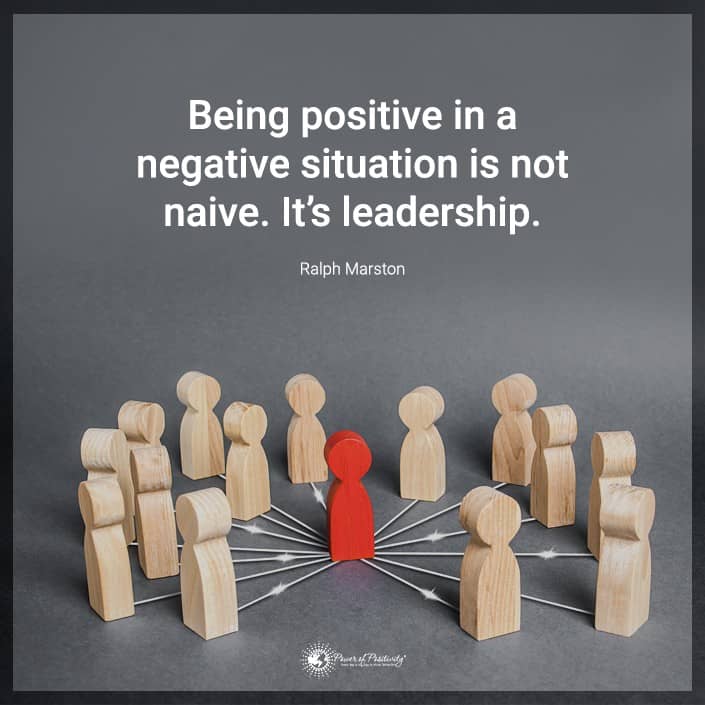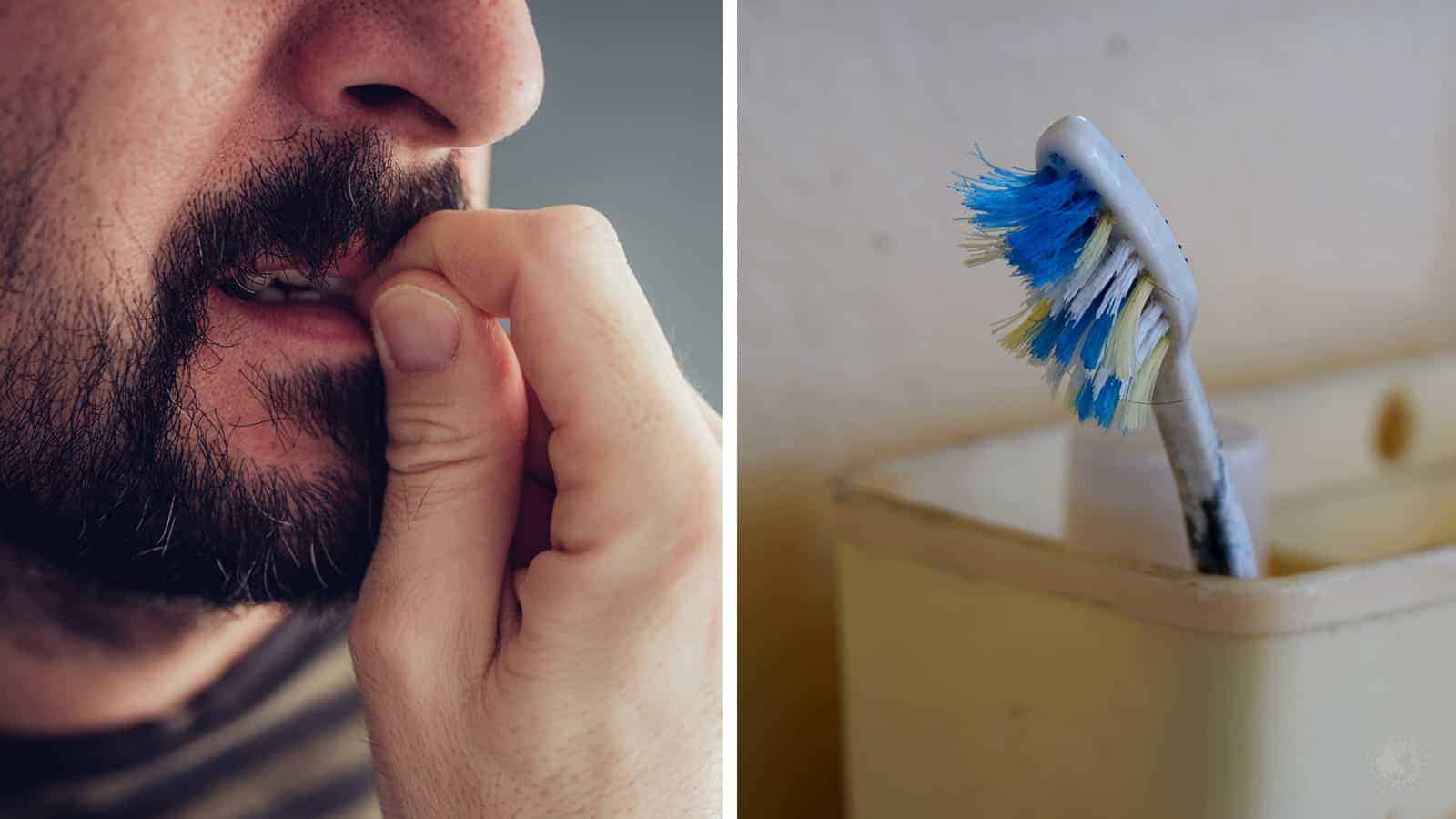Everyone has their fair share of flaws and bad habits. Not everyone desires to change them for the better, but if you do, congratulations! You can now begin on an empowering journey to bettering yourself and building good habits.
Of course, that’s much easier said than done. Habits tend to stick to you, and sometimes it might almost feel like they’re performed on reflex. To help you out, here’s how a life coach reveals 4 powerful ways to break free from bad habits.
1. Define
It sounds silly, but when solving any problem, you need not only to admit that you have that problem but to specifically define what it is. The brain benefits significantly from having something concrete and easily understandable to grasp. Here are some ways you can define a bad habit:
 · Acknowledge Your Bad Habit
· Acknowledge Your Bad Habit
The first step to solving any problems is to acknowledge that the problem exists actively. The website of Confidence and Emotional Well-Being coach Nicky Massyn makes the point that you need to acknowledge something before you can work on fixing it, and he’s right! You can’t fix something that you won’t admit is there in the first place. If you feel ashamed about the bad habit, remember with positive thinking that this act of acknowledgment is a breakthrough in your self-improvement.
· Concretely Define The Problematic Habit
It’s easy to say, “I need to sleep more,” but that’s not concrete enough to define your bad habits. Author and licensed clinical social worker with specializations in supervision and therapy training, Robert Taibbi, states that you’ll find it harder to grasp onto the habits and change them if you don’t name specific behaviors. For example, instead of saying, “I need to sleep more,” say, “I need to stop going to watch TV after eating dinner.” This is clear and concrete, with no way to misunderstand your own meaning.
· Identify Triggers
What are the things that commonly cause you to engage in bad habits? Taibbi recommends identifying each trigger so you can prepare for them and offer resistance when they begin to attack. For example, anxiety might trigger your desire to smoke, or seeing a pack of potato chips will make you eat the entire bag. Being aware of triggers is also a kind of mindfulness, as it makes you take note of your actions in the present in a positive way, allowing you to be more in touch with yourself and your mind. Better yet, mindfulness has been proven to work in addiction recovery, so identifying triggers has multiple benefits in this effort.
· Determine Why You Want Change
If you want to keep your motivation for achieving change in your bad habits, then you need to know why you’re doing it in the first place. It’s much easier to alter habits when you perceive a possible change as positive, beneficial, or valuable somehow. So list down all the reasons that this change is necessary for you and add to that list as time goes on. You can even keep the list with you at all times to better maintain motivation, and it’s a good way to keep your priorities fresh and at the forefront of your mind.
2. Envision Success
Visualization is actually so powerful that it can be just as successful as physical practice when achieving certain standards or goals. Studies have found that you can gain strength and ability through strong visualization in rather surprising ways.
This is why envisioning success can be so important and can be the best kind of self-fulfilling prophecy. Here are some ways to properly incorporate the envisioning of success into your life:
· Visualize Your Good Habits
Imagine putting your good habits into practice. Imagine their amazing effects on your life and world. Now imagine how much better you’ll feel once they’re in action. This kind of visualization can work wonders, says Massyn’s website. You have to be consistent with it, though. Spend a short amount of time every day with your eyes closed, imagining the results of your success and your actions to achieve that success. The mind is a powerful thing and can be used in this manner to spur you on!
· Develop Powerful Intrinsic Motivation
Social and Affective Neuroscience Lab director Elliot Berkman, director of the University of Oregon’s Social and Affective Neuroscience Lab, says that many bad habits, when replaced with good ones, will retain a stronger influence over you than their positive replacements. This is because the bad habits have stronger, more tangible rewards for the brain while their replacements will be mere weak substitutes. This is why seeking stronger intrinsic motivation and visualizing it well can help you. Instead of thinking about how nicotine gum is healthier for you than cigarettes, think instead of the many additional years you’ll get to spend with your loved ones if you keep your lungs healthy. That kind of intrinsic motivation is significantly more effective than theoretical assumptions.
· Be Patient Through Visualization
It’s easy to feel discouraged when results don’t come up as quickly as you would like them to. In these situations, it’s important not to lose hope. Continually visualizing your success is a great way to fulfill some of that desire within you, and it reminds you of what you’re working towards. Taibbi adds that you shouldn’t beat yourself up for slip-ups and mistakes in your quest to break bad habits, either – take things one step at a time. Remember, the study that says it takes 21 days to break a habit was referring to the act of getting used to a new appearance. Changing a bad habit actively is likely to take longer than that!
3. Plan and Make Goals
Breaking bad habits is a very, very huge undertaking. It can seem overwhelming, which is why you should break down your aims into clear and concise goals. Each goal should be specific, detailed, and easy to follow, ultimately leading you to your “endgame” long-term goal. Here are some tips for this process:
· Develop Healthy Schedules and Expectations
Your goals to break your bad habits should be clear and actionable. You should have a schedule for when you want to achieve certain milestones in those goals. Each “deadline” and expectation attached should be challenging but realistic, allowing you to push yourself to the best of your abilities without forcing you to aim for lofty, unachievable goals.
· Leave Reminders
When you start trying to break and replace a habit, it’s easy to forget that you’re supposed to be making changes. That’s why leaving reminders can be a great way to help you get into the swing of things at the beginning of your efforts. Leave a sticky note on doors to remind you to turn off lights you forget about. Set alarms on your phone when it’s time to turn off devices, go to bed, or head to the gym. Adding reminders to your early plans for improvement is a positive way to ensure that you are well-equipped to challenge your new habits.
· Track Your Progress
Develop a measurable way to track your improvement in your efforts towards breaking bad habits. It can be tougher to track this clearly because this is a more abstract goal, but it’s certainly doable. If you want to break a smoking habit, note down every day how many days clean you are. And if you’re trying to break a bad food habit, keep track of your meals. If you’re trying to learn to change a lack of gratitude, note down things you feel grateful for and other notable things you’ve done each day. Tracking your progress gives you a clear peek into your progress, motivating you with the steps forward you make and show you that what you’re doing is paying off.
4. Give Yourself The Support You Need
There’s one thing you may forget about in your equation for breaking bad habits – that you deserve support in finding your way through this hurdle. You are worthy of receiving that support, even if it’s just from you.
Without support, you’re likely to feel unmotivated and uninspired to keep going, and you may even feel guilty or think negatively about your progress. Worse still, you may wind up completely burning out.
· Use Positive Affirmations
In encouraging yourself to reach your goals, try to use positive statements to motivate yourself. Instead of discouraging and engaging in negative aspects of self-talk, be kind to yourself, and affirm yourself through positive words. Things like “I rise above bad habits,” “I eat healthily,” and “I am strong and capable” can all change your mindset and help you get through the most difficult times.
· Use Rewards As Motivation – And Follow Through
Sometimes, giving yourself rewards for little achievements can help motivate you to keep going. That little promise of something good and boost your positive thinking just enough to get you to your next milestone. Rewards don’t have to be large or expensive. They can be little treats that you’ll enjoy, like buying a nice dessert or a new book or spending an evening soaking in a nice bath. Licensed professional counselor Erika Myers recommends that you celebrate all your wins – even the smallest ones. You don’t have to run an entire marathon completely to celebrate being able to run a mile!
· Seek Support Externally
You don’t have to do everything alone. Suppose you find yourself struggling—rope in a friend to work on goals with you. You can share stories and inspire each other to work towards better habits. Of course, you can also opt for more professional forms of help, like speaking to a therapist or similar mental health expert, says Taibbi. If this is something you have access to, it can make a huge difference and give you unbiased advice and perspectives.
 Final Thoughts On Some Powerful Ways To Break Free From Bad Habits
Final Thoughts On Some Powerful Ways To Break Free From Bad Habits
Bad habits can be tough to break. But if you want to override the negative with the positive successfully, you need to begin finding methods to do so. These powerful ways can help you make great progress towards breaking free from your worst habits. Harness them, and you’ll feel empowered and motivated to make good changes in your life!



















